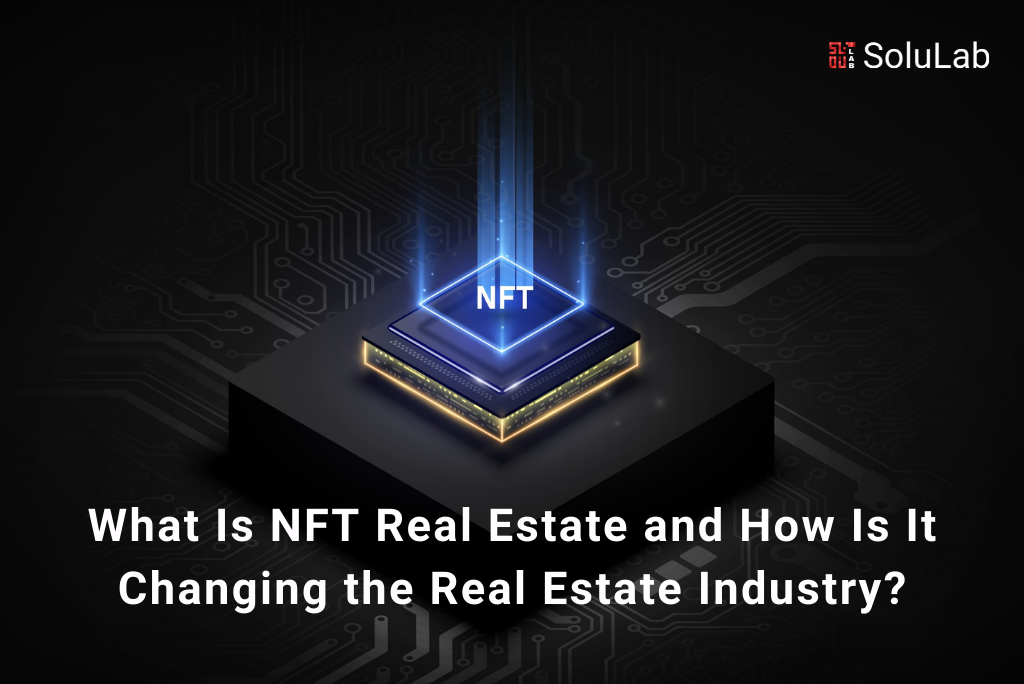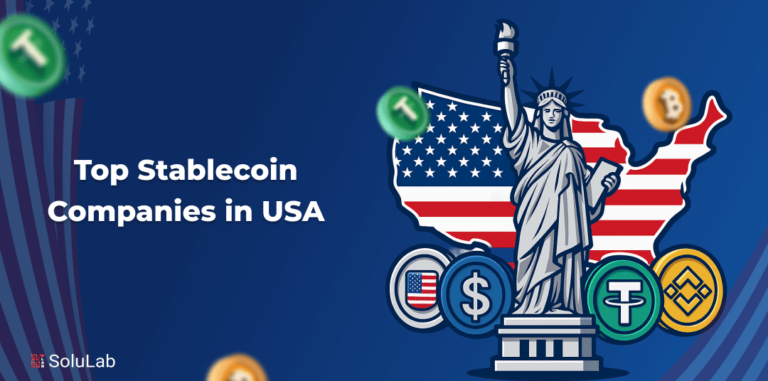
Celebrities such as hotel heiress and reality TV star Paris Hilton creating a virtual island within Roblox and big brands like Adidas and Gucci jumping in head-first to embrace the metaverse have generated further excitement around NFTs. As such, it is no surprise that virtual real estate has become a trending topic. Some metaverse property sales have even reached prices higher than those in the real world, creating a shift in how we perceive digital real estate.
What is the Metaverse?
The term metaverse was coined by author Neal Stephenson in his 1992 sci-fi novel Snow Crash and was described as a digital parallel to the real world. The metaverse we know today is a concept involving a 3D virtual world that combines multiple aspects of our online and real lives. In the metaverse, users can attend events, interact with each other, work, and play games. You can think of it as the next iteration of the Internet. Moreover, as digital economies, identity, and ownership are central elements in the metaverse, blockchain technology is a big part of the space.
What is NFT Real Estate?
Short for non-fungible tokens, NFTs are cryptographic tokens used to represent a unique digital asset. We commonly use NFTs to tokenize digital and physical assets such as art, collectibles, or tickets. The metadata of each NFT is secured on a blockchain, which acts as verifiable proof of authenticity and ownership. Moreover, an NFT can only have one official owner at a time and can’t be forged or modified.
NFT real estate is a programmable plot of land in a virtual world that users can explore using their 3D avatars. In the metaverse, users can buy NFTs linked to particular parcels of land to represent unique ownership of their properties. What you can do with the property depends on the project. For example, in Decentraland, users can develop plots of land, attend events, participate in social functions, and more.
NFT Real Estate Use Cases
The project you purchase your NFT real estate from will determine what you can do with your property. Below, we’ve highlighted four things you can do with NFT real estate in the metaverse.
Advertising
Creators can monetize their metaverse property by charging for access or trading their NFTs. Brands can use virtual properties to advertise, organize virtual product launches, and offer unique customer experiences. For example, Nike has ventured into the metaverse to expand its user base by establishing NIKELAND. In this interactive world, users can play mini games and enjoy a virtual lifestyle revolving around sport and play.
Socializing
While some people might see their NFT property as an investment, others may want to use their real estate for its intended purpose. Real estate in the metaverse gives users a place to connect online with their friends and other like-minded people, a virtual space where they can use their digitized property to play games and socialize.
Work
Since 2020, remote work and online communication with colleagues have gradually become the new normal. NFT real estate can be used as a virtual office space or a location where companies can provide virtual services.
Gaming
In addition to the examples mentioned above, property in the metaverse can also be useful in NFT games. For example, land in Axie Infinity can provide players extra resources such as tokens and crafting items.
What Drives Property Values in the Metaverse?
Similar to other NFTs, the main factors driving property prices in the metaverse are utility, project details, and location. As we briefly discussed above, virtual real estate has various use cases.
It’s common for people to use their property in the metaverse to host events and conferences, or even use it as advertising space – if the area the real estate is on gets enough traffic, that is. If your NFT real estate is in an area where many people gather, it may be more valuable than virtual property in nondescript areas.
For example, parcels in The Sandbox and Decentraland continually increase in value as big brands like Skechers have opened virtual storefronts in the metaverse.
Read also: Why Should You Start Your Own NFT Marketplace Business?
Due to high demand, NFT real estate on popular platforms like Decentraland and The Sandbox tend to cost more. Compared to smaller projects, the interest in these platforms is much higher and therefore, their user base is much bigger.
Purchasing Real Estate in the Metaverse
The process of buying real estate in the metaverse is largely similar to that of purchasing an NFT. There are two main methods by which you can buy NFT real estate in the metaverse: you can purchase metaverse property directly from the project platform or buy it second-hand from an NFT marketplace like Binance NFT.
To get started, all you need to do is set up a crypto wallet and buy some cryptocurrency.
Most of the more popular metaverse platforms, such as Decentraland and The Sandbox, run on the Ethereum blockchain. This means transactions are made using ETH, as the ownership deed for each property is a unique piece of code that exists on the blockchain and is sold as an NFT.
However, not all platforms require ETH. So before you rush to secure a deed for your NFT real estate, double-check that your wallet supports the real estate’s blockchain. As with any investment, always make sure you do your own research (DYOR) before deciding to take any risks.
For a more in-depth guide on how to purchase property in the metaverse, read our article, How to Buy Land in the Metaverse?
How Can NFTs Impact Traditional Real Estate?
Blockchain technology has revolutionized many industries, and the same goes for real estate. Below, we’ve highlighted four ways NFTs can benefit the real estate industry.
Improve security and transparency in the industry
A downside of having your property’s title deed issued on paper is that it can be easily lost, altered or forged. The tokenization of physical property can make buying and selling real estate more efficient and secure. Since NFTs are stored on a blockchain ledger, anyone can track their ownership history and previous transactions to verify their authenticity. Moreover, thanks to the immutable nature of blockchain ledgers, minting your title deed or any other document as an NFT could drastically minimize the risk of malicious actors falsifying your property documents.
Fractional ownership
In the NFT world, the term fractionalization typically refers to sharing the costs and ownership rights of a collectible or piece of digital art. In the real world, fractionalized NFTs let you share the cost and ownership rights of physical assets such as real estate with multiple people. Minting the ownership of a property as a fractional NFT may help lower the barriers to entry for people looking to dip their toes in the real estate market.
Liquidity of real estate
Liquidity is an obstacle that could affect property value because matching the right buyer with the right property may be difficult. However, since blockchain technology is borderless, it can help open up the property market to a global pool of buyers by increasing the number of market participants.
Simplified exchange
The real estate industry is notorious for its slow processes, but NFTs can help to simplify and speed up these processes. Because NFTs exist on a decentralized ledger, the transaction and ownership history is accessible to everyone. Moreover, the bureaucracy and processes related to assets changing hands can be automated and maintained with the help of smart contracts — a blockchain program that automatically executes commands when conditions are met.
Conclusion
Many may find it hard to wrap their heads around the concept of spending money on virtual land. However, you only need to look at the explosive growth of digital collectibles, the metaverse, and other NFT use cases to understand the potential behind NFT real estate. So far, NFTs have helped make processes in the real estate industry more efficient, transparent, and secure. As blockchain technology evolves, we shouldn’t be surprised to see more metaverse properties develop.
Blog Credits: Binance




